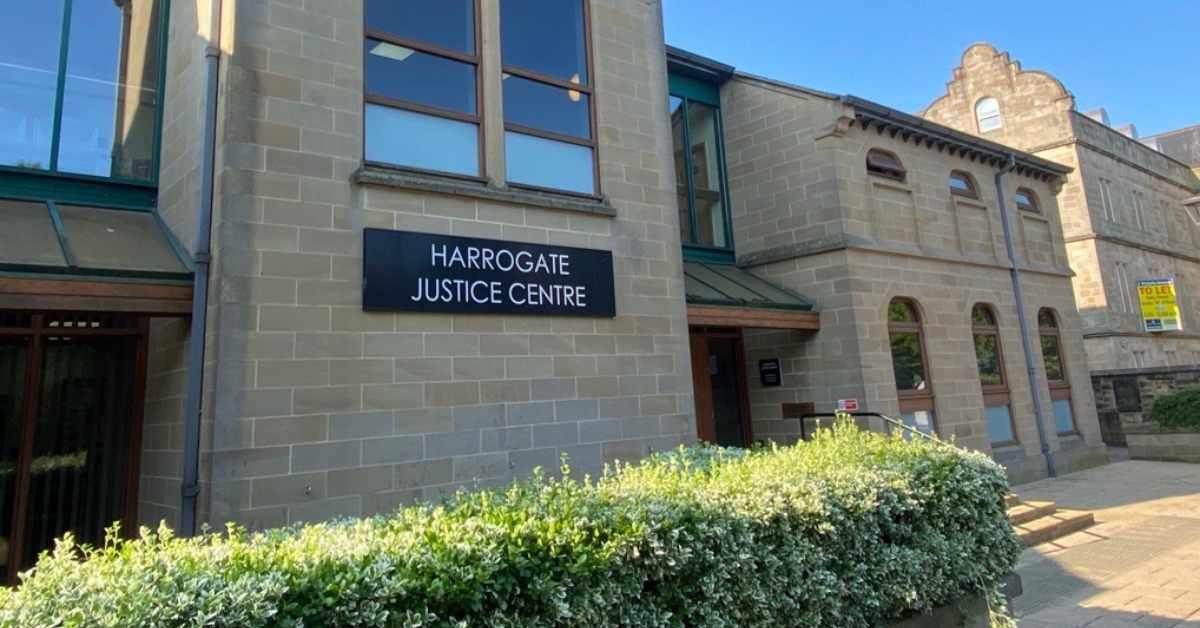27
Jul
Focusing on the victims of crime

It’s sometimes easy to forget who is at the centre of a court case when you are covering it as a reporter.
The person accused of the crime is the subject of the hearing and is often standing just metres away from me. It’s not unusual for victims to choose not to attend court.
I am so busy listening to court proceedings and taking notes using shorthand, I find all my focus is on making sure my report is accurate.
But a female victim recently got in touch after I’d covered a case, urging me to continue to report on it and publish the outcome of the sentencing.
My focus turned to her and just what a horrific experience she had been through, so we agreed to go back to court.
Carl Ingles had been found guilty of harassment after breaching a restraining order by contacting the woman – his victim – on Christmas Eve last year.
An outwardly respectable man who worked at Specsavers, Ingles’ dark obsession with the victim became abundantly clear at sentencing.
He made her life a “perpetual hell” for almost a decade, as described in court, repeatedly harassing and contacting her for years.
The prolonged ordeal left the victim with post-traumatic stress disorder, but she wanted people to know the horrific details of what Ingles had put her through.
Here was a traumatised woman who wanted that trauma to be front and centre of our coverage. She told me:
It's so important that people, like yourselves, write about these cases - especially sentencing hearings – as the victim doesn't need to attend that part of the proceedings. Quite often we see or hear [the outcome] via news pages before the professionals [tell us].
The Stray Ferret newsroom can get abusive calls from the families of people convicted of crimes – arguing it’s not fair to highlight their crimes.
But we’re also approached by the victims who are desperate for their cases to be covered.
For this woman, covering the case of a man who terrorised her for years, was a way of her truth being publicly recognised. She said:
The Stray Ferret was the only update I received other than information passed to me via my two daughters who attended.
So, as well as the importance of getting information to the victim, it also helps get the truth out there for the victims, which in itself is important and helps the healing process.
She felt coverage of the case would encourage other victims to step forward:
It has given me a voice for not just myself but others. When other victims see that the Crown Prosecution Service fight your corner, and that the judges see through these perpetrators’ lies to manipulate the system, it will give other victims the confidence and courage to come forward.
Why do I write this post?
To demonstrate the powerful impact of local journalism on the victims of crime.
To make people aware of what can happen behind the story you read on the Stray Ferret.
To make you, like me, focus fully on a very brave woman and not the man who committed the crimes against her.
If you think we should be covering a particular local court case, you can email me on flora@thestrayferret.co.uk.
Please consider subscribing. Your support enables us to continue covering important cases, like this one.
0